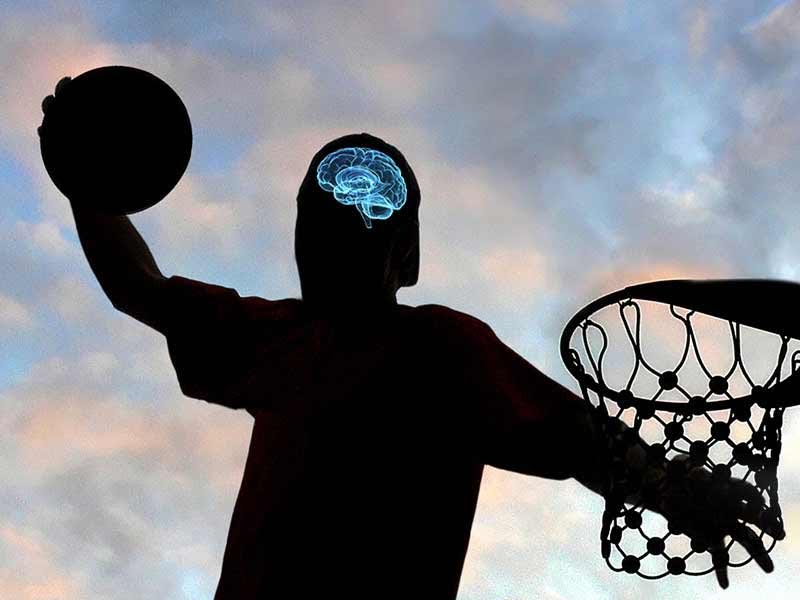Mental Health and Sports: An Opinion
September 23, 2019
You find yourself in pure and utter chaos, surrounded by flashing lights and screaming fans. Any passersby would stop in awe, consumed by the atmosphere as if they were witnessing a gladiatorial fight in the Colosseum. It is no normal Friday night; it is game night, and everyone is eager to see if their team will walk away in glory or shame. This is the beautiful phenomenon that we call American sports–but unfortunately, it also has a rarely-addressed dark side.
With student-athletes constantly pushing themselves to improve on top of school obligations, the pressure can be overwhelming. Expectant parents, coaches, scouts, teammates, and even athletes themselves can create a hostile environment. This pressure to win throughout American youth sports in combination with the stigma surrounding mental health problems has blended together to create the perfect concoction for failure. Unfortunately, American society, the very cause of this problem, is also the only thing that can stop what is failing so many of our athletes.
“The professional consensus is that the incidence of anxiety and depression among scholastic athletes has increased over the past 10 to 15 years,” said Marshall Mintz, a New Jersey-based sports psychologist, in an interview with The Atlantic. In fact, this is largely due to the implementation of professional training methods and specialization in lower level sports. Sports have become a “way out” for many, and the pressure oftentimes becomes insurmountable- or at least that is how it feels. As an athlete who has recently undergone meniscal surgery and six months of physical therapy, I can understand the feeling of being lost without the sport I identify myself with. Six months is a long time to be out of a sport; time that can be crucial to development. As a result, many athletes ignore their bodies, causing a spiral of injuries until they are no longer fit to compete.
I find it strange that when an athlete gets injured, medics rush to their side, but when they suffer from OCD (Obsessive Compulsive Disorder), an anxiety disorder, estranged coaches try to keep their distance or push the athlete harder to work them out of their “slump”. In a 2017 study published in The American Journal of Psychiatry, 20.1% of the 269 college athletes screened were diagnosed with OCD. The second year’s study showed that 16.7% of 270 new student-athletes also showed major symptoms of OCD, and 5.2% met the full criteria. Compared to a rate of around 2.3%, the percentage of 5.2% shows that student-athletes displayed OCD symptoms at over two times the frequency of the rest of the population. The average age of student-athletes who displayed symptoms of OCD was 14.3–a staggeringly young age. Even worse, the students who met the full criteria had never been diagnosed in their lives. Unfortunately, studies show that 60% of people suffering from OCD have at least one major depressive episode, and around 30% develop a substance use disorder. Untreated, OCD can lead to much worse. It’s common for people to turn to things like alcohol and drugs when the disorder gets too severe.
Do not get me wrong, athletics have developed in spite of all these problems, in part due to the U.S’ more than one hundred billion dollar budget. The methodology has been working, but it is the mentality that needs to be addressed. Parents and coaches often ignore the mental health problems of players in favor of fixating on the athletic glory ahead. This culture that athletes are raised in today, is limiting their ability to make choices at free will. To quote Ricky Bobby from Talladega Nights, “If you’re not first, you’re last.”
So, what can we do to make a change? While colleges can hire therapists and train staff to support athletes with mental health problems, coaches, as well as parents, can focus on supporting athletes by fostering a more welcoming environment during training and games. Even people that are not directly associated with sports can help by spreading awareness. The fact remains that winning isn’t everything; an athlete’s health is just as important as winning a game.
Photo courtesy of LIFEALTH.COM

